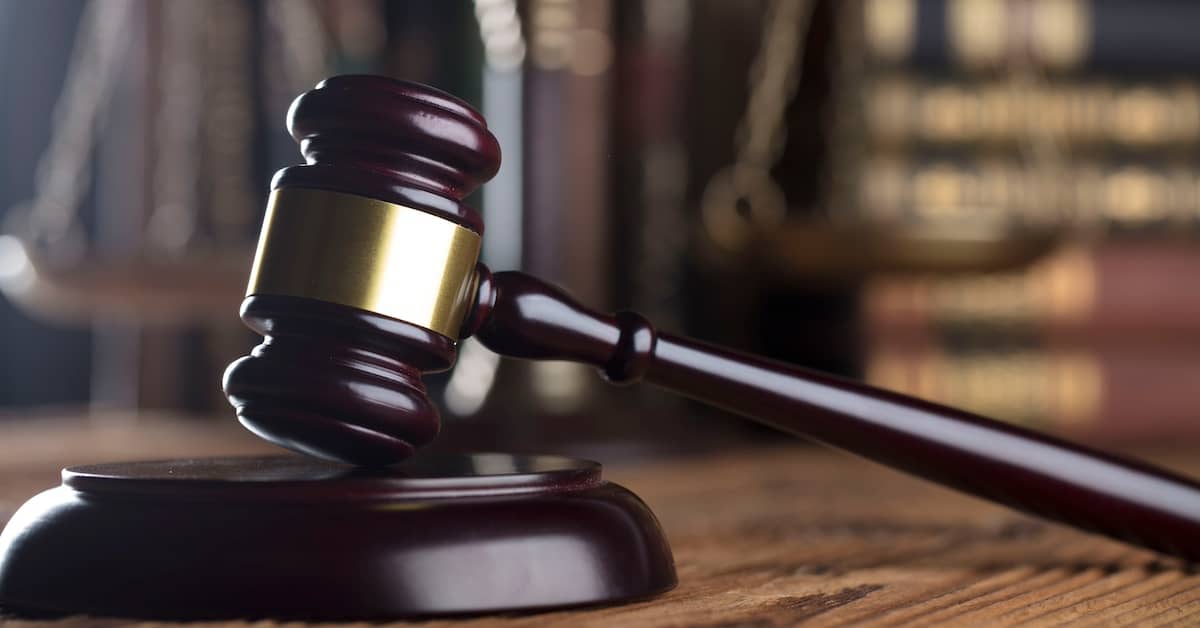
Broadly speaking, negligence in personal injury law refers to fault. To recover compensation, you need to prove that the defendant owed you a duty, breached their duty, and that breach proximately caused your injuries and damages.
Specific conditions must be met to prove negligence in a personal injury case. At Colombo Law, our experienced personal injury attorneys are here to help you navigate your personal injury claim and recover the maximum compensation you deserve for the damages you have suffered.
For a FREE case review, call Colombo Law at 304-599-4229 today. Our personal injury lawyers serve clients in Morgantown and throughout West Virginia.
What Is the Standard of Proof for Negligence?
You may have heard the term “beyond a reasonable doubt.” This is the burden of proof in a criminal trial.
A different standard applies in personal injury matters, which are civil claims. In personal injury cases, the burden of proof is “preponderance of the evidence.” This means that the defendant’s actions were more likely than not the cause of your injuries.
What Are the Elements of a Negligence Case?
The plaintiff has the burden of proof in a personal injury claim. A knowledgeable personal injury attorney can help you prove each of the following elements of negligence:
1. Duty of Care
Your attorney’s first job will be to establish the other party’s duty of care. That is, did the defendant have a responsibility to avoid actions that would put you in harm’s way?
A duty of care exists between motorists, between the owner of a property and people who lawfully access the premises, and other parties. Drawing on applicable legal principles, your lawyer can establish the duty owed to you by the defendant.
2. Breach
Next, your attorney will seek to establish that the other party breached this duty. Proving this will require evidence showing the specific ways the defendant failed to uphold the duty of care. This is often where a significant portion of the investigation takes place.
3. Causation
Then, you must prove that this breach of duty was a cause of your injuries. Showing that the defendant breached the duty of care is not enough to satisfy this element of negligence in personal injury law. If someone breached their duty of care but it did not result in injuries, there are no grounds to pursue compensation. You must show direct causation.
4. Damages
Finally, your attorney will need to prove that these injuries resulted in damages. If they did not, you do not have a case.
For example, if you were injured in an accident but neglected to receive medical attention, you would not be able to recover compensation for medical bills. You must be able to produce evidence that shows the damages you sustained as a direct result of your injuries.
Once your attorney has obtained evidence to prove each of these points, they will begin negotiating with the insurance company. In many cases, a settlement can be reached. That said, there are times when the only way to recover the compensation you need and deserve is to file a lawsuit and proceed to trial.
What Part of Negligence Is Hardest to Prove?
The second and third elements of negligence (breach and causation) tend to be the most difficult to prove. Showing a direct link between someone’s action or inaction and the injuries you suffered can be challenging.
It will also most likely be what the insurance company focuses on. They may try to use your words against you in an effort to avoid liability. As such, we recommend leaving communications with the insurance company to your lawyer.
Proving negligence may require detailed evidence and expert testimony, especially in cases involving multiple factors contributing to the plaintiff’s injuries. A knowledgeable personal injury attorney will know how to prepare a strong case on your behalf.
How Do You Win a Negligence Case?
Winning a negligence case requires an effective mix of:
- Careful preparation
- Attention to detail
- Proven experience
- Deep resourcefulness
- Skillful negotiation
- Legal acumen
- Thorough investigation
- Focused persistence on fighting for your rights and recovering maximum compensation
It is important to understand that “winning” does not just mean receiving a settlement offer from an insurance company. If you have a strong case, the insurance company is likely to offer you a settlement. But it is unlikely that this offer will be what you deserve. Instead, truly “winning” is when you recover the full compensation you are due.
View Our Results
Contact a Personal Injury Lawyer in West Virginia
In many cases, yes, it is difficult to prove negligence. The more serious the accident is and the more expensive the damages, the more difficult it will be. Insurance companies, despite how friendly they might portray themselves, are not quick to offer accident victims the compensation they deserve.
At Colombo Law, we are here to help. We are passionate defendants of West Virginians injured due to the fault of others, and we have recovered millions of dollars in verdicts and settlements.










